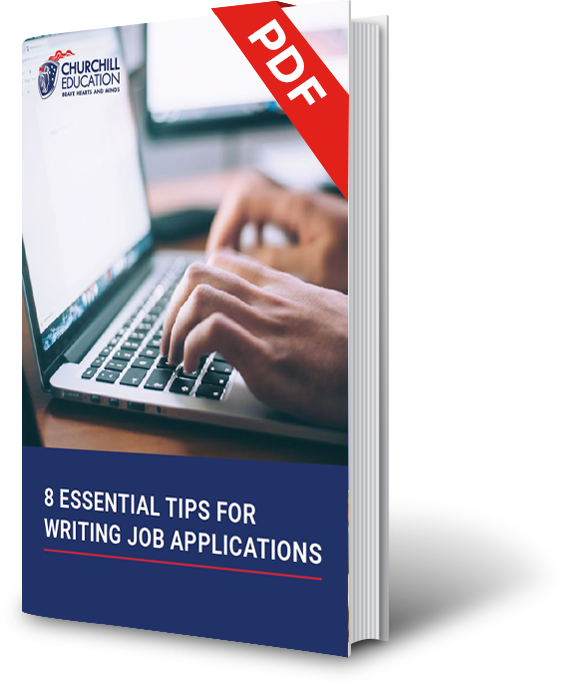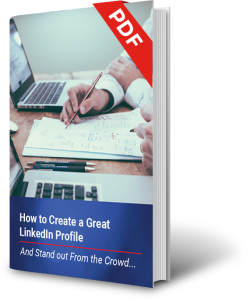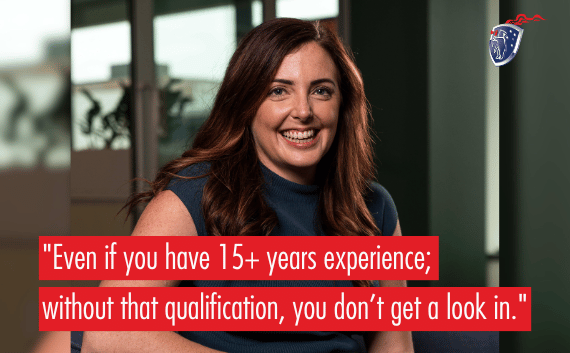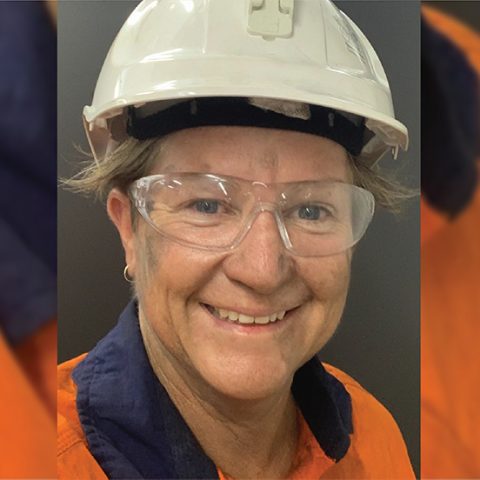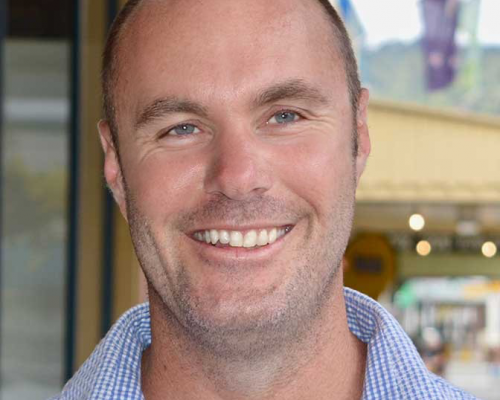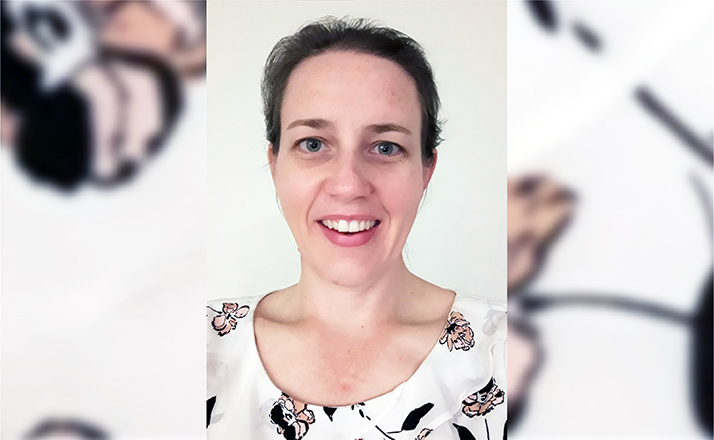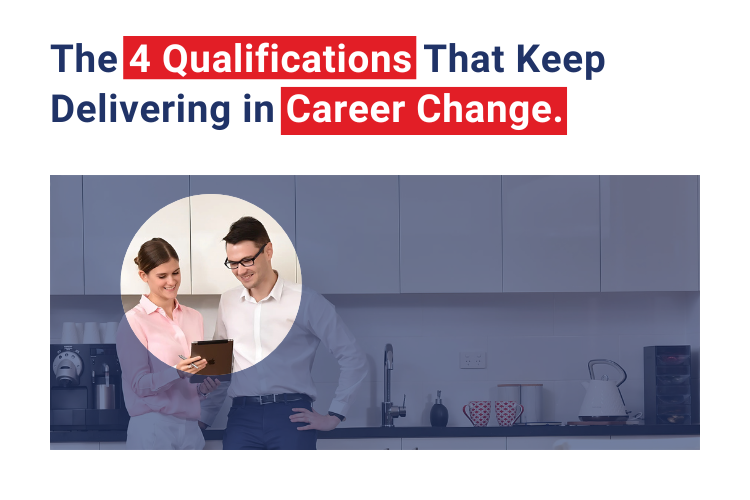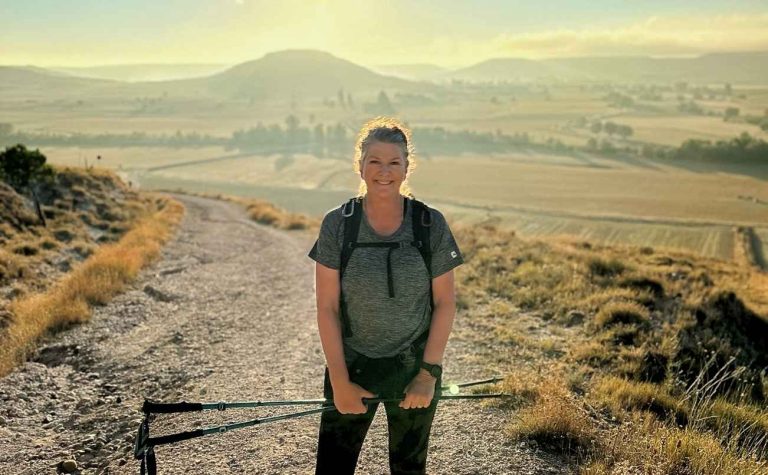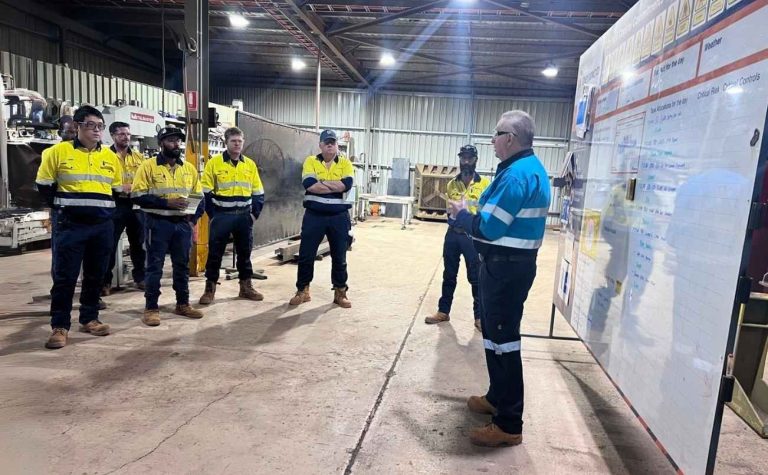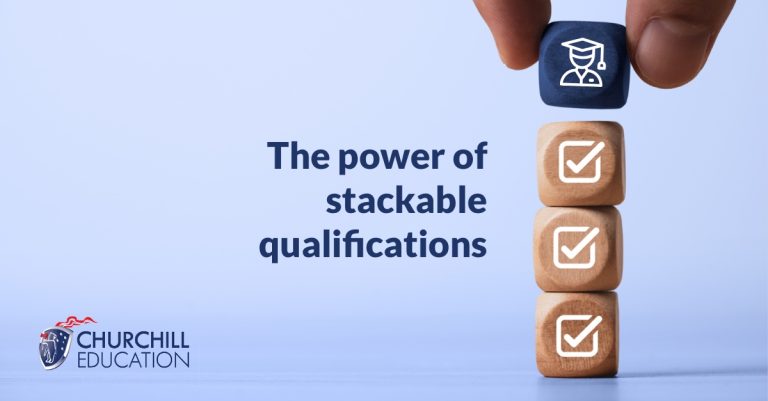Are you facing redundancy, or been recently made redundant? Maybe you’ve just completed a contract and don’t yet have another one to roll into, or you’re contemplating a career change for other reasons, and wondering what now?
We’ve put together 7 tips to help you sail through all career change moments.

Career Crossroads: The big question…
Churchill Education co-founder, Tricia Velthuizen, introduces this report with a reflection on career crossroads:
There’s a point that comes in all of our careers where a crossroads arises.
Whether it’s a conversation around redundancy, contacts coming to an end, or like Randall and I have had, a conversation about health and what changes need to be made. Changes that mean the career we thought we were going to have suddenly comes to a stop.
If that’s you, and you’ve encountered those moments, then a big question will emerge:
What am I going to do now?
The hindsight of having travelled through these situations, and worked through Churchill Education with so many people who have found themselves in these moments, is the value of being able to tap into a resource that walks us through those ‘what am I going to do now’ moments.
Here are 7 things you can do to keep moving forward in your life and career…
1. Take time to reassess, recalibrate and consider future options
If you’ve received a redundancy payout you’ve got the luxury of time. Even if you didn’t receive a payout, you always have time. This is important. Taking the time to evaluate where you’ve come from and where you want to go is key to creating a life and career you can label ‘successful’.
Take some quiet time for yourself and get clear on what you do and don’t want in your next chapter. Start with your career aspirations, but also look at every part of life so that your career can also help you to achieve your goals in other areas.
Here is a video and guide detailing how Randall and I set success goals for our career and life.
2. Seek Support
You don’t need to do this on your own. There is so much help available to you, but the trick is, you have to ask for it… And that’s not easy for many of us is it, because it’s admitting weakness, or so we think. But this is a damaging fallacy. Seeking assistance is resourceful, and absolutely an essential step to achieving a happy career and life
Income Support
Find out what short term government income support is available to you while you get all your ducks in a row for your next career move.
This will help you to keep the bills paid while you get yourself in the best possible position to bring your best self to your next position.
Centrelink is a great place to start.
Career Advice
When you give yourself some time to reassess your life and career, it can be a really great time to speak to a career counsellor. Because, well, we don’t know what we don’t know. It’s very easy to get stuck in a rut and feel there is no other career available to you, particularly if you were in your job for many years.
Career counsellors are wonderful for giving you an objective, big picture view of your skills, options and positive actions you can take.
Mental Health Support
Losing a job, being made redundant or transitioning from one industry to another can challenge one’s identity, self-worth and purpose. This is particularly the case when acquired mental health issues were the reason for your career transition, as they were for Randall, who left the Queensland Police Service after 16 years due to PTSD.
There are many great services you can call on for mental health support. Here are a few:
For Defence Members
For Police and Emergency Services
There are also many excellent private counsellors. Speak to your GP about the government mental health care plan for subsidised sessions.
3. Turn your experience into national qualifications
Increasingly you’ll find that qualifications are required, or at the very least desirable, for most positions. You might be the most experienced for a role, but if someone else has the required qualifications and you don’t, you will be overlooked.
Recognition of prior learning (RPL) is the process of having your skills, experience and training matched to national qualifications. RPL means you don’t need to study what you already know.
Find out what qualifications you are eligible for with a FREE Qualification Appraisal. Apply here or call us on 1300 793 002.
Qualifications range from Certificate IIIs & IVs to Diplomas, Advanced Diplomas and Graduate Diplomas (above a Bachelor’s Degree).
View our qualifications here.
4. Update your Resume
Having an up-to-date resume is essential when you’re in a career transition phase. This is your first impression. It needs to paint you in the best possible light, and appeal not only to human eyes but also to recruitment algorithms that will scan your resume for particular keywords.
Your resume needs to help you to stand out from the potentially hundreds of others that may have been submitted for a role.
It should be easy to read, concise, clear, and contain:
- Your contact details
- Professional profile/summary
- Key skills
- Professional experience / employment history
- Key responsibilities for each
- Education / Qualifications
- Achievements & Awards
- Referees
Refer to our free guide: How to Create a Great Resume.
We also highly recommend Accomplished Education or The Resumeologist if you would like a resume done for you.
It’s also a great time to create a job application template that you can use as a starting point for covering letters to accompany your resume.
Download our free guide: 8 Essential Tips for Writing Job Applications.
5. Update your LinkedIn Profile
Your LinkedIn profile is almost as important as your resume. It’s a bit like an online resume, but with so much more reach. LinkedIn is a global online network of more than 500 million members. 90% of recruiters refer to the site when searching for and evaluating prospects.
In short you need one! Which is why we created this free guide to help you: How to Create a Great LinkedIn Profile.
The guide includes:
- Getting started
- Writing a compelling summary
- Education & experience
- Networking
- Affiliations and interests
When you become a Churchill Education RPL graduate, you gain access to a free LinkedIn profile review.
6. Be flexible, adaptable and open minded
Change can be scary, but change can also be a wonderful opportunity to do something new, exciting and more satisfying than your previous role.
Open your mind to options and opportunities. This might include some interim temp work, or a short-term contract to get you back in the workforce while you look for your dream job.
You may decide you want a completely new career. If this is the case, take some time to research the role and industry.
Are there any training or qualification gaps?
If you already have the skills but not the qualifications, speak to us about a free appraisal.
7. Get out there!
Once you have taken some time to reassess, set new goals, seek support, turn your experience into qualifications, updated your resume and LinkedIn profile and opened your mind to options and opportunities, it’s time to get yourself out there!
- Get your resume out to recruiters
- Register with jobs sites such as Seek, CareerOne, Indeed, JobSearch
- Work your network
- Practice your interview skills
- Ask for feedback for any roles you are unsuccessful with, then refine your approach
- Most importantly – do things that make you feel happy, whatever that may be.
We hope this report has been helpful. Please forward it to anyone else who might benefit from it, and give us a bell on 1300 793 002 or send is an email if we can help.
Find out how other’s have used RPL to transition their careers:
Caitlin Seaha – Moving up in WHS
“I was initially enquiring about the Diploma, but when we had a chat about my career and my plan to do independent consulting, Sarah suggested I try for the Advanced Diploma of WHS.”
Tracey Pelling – RAAF to Police to Mining
“You know what? We do have transferrable skills and we really should be recognised for them.
Tony Groves – Continual Recognition
“We don’t know what the future’s going to bring and I’d rather take a proactive approach and put myself in a good position for whatever comes down the path rather than take the reactive approach and then scramble at the last minute.”
Meredith Williams – Career Pivot in Uncertain Times
“Don’t second guess what you are capable of, and the value of your accumulated experiences. Get that piece of paper. Definitely go for it, because your skillset is saleable.”
Derek Keir – Dream Job with RPL
“Since I got my qualifications, I’ve been telling all my friends and former colleagues to contact Churchill Education and have a chat. It’s been a life changer. It’s opened doors left, right and centre.”

